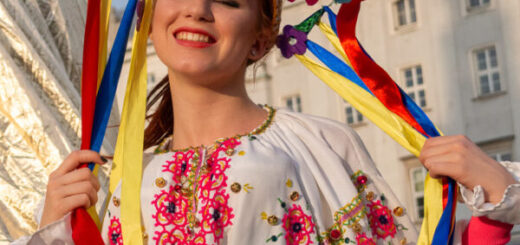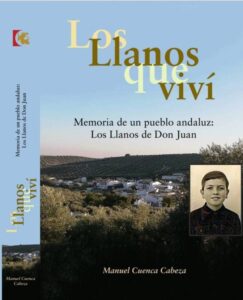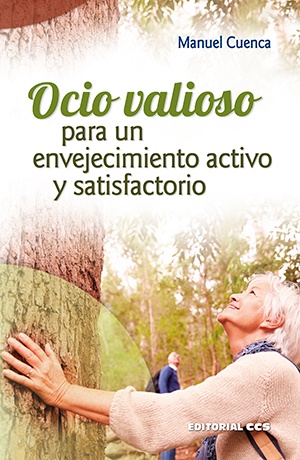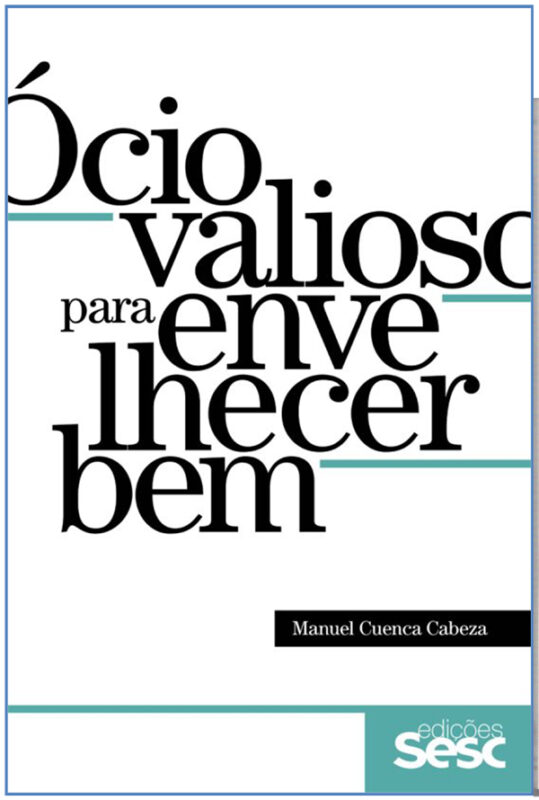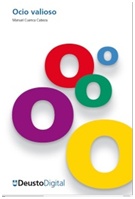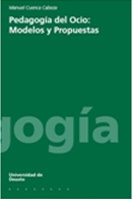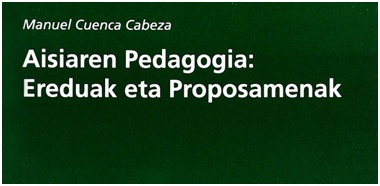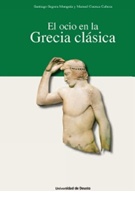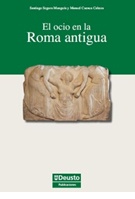The cultural experience from humanist leisure

From a humanist approach, the enjoyment of culture is a type of leisure that we call creative leisure, given that it provides experiences linked to creativity. Essentially, the cultural experience, analysed from humanist leisure, calls the attention to four aspects: subject, sensitivity, context and process.
Subject. The experiences are always embodied in someone and it is therefore essential to know, and the more the better, the characteristics of the subjects: What is the situation of a hypothetical subject with respect to a possible cultural experience? Apart from the novelty, the degree of knowledge and skills acquired are important. It is not the same to think about beginners as to think about people with certain levels of skills, different to the specialist ones or to those that are interested by the theme with the typical enthusiasm of substantial leisure. Each degree of initiating has different expectations of satisfaction. Any cultural expression that is offered as leisure should identify the potential audience and the minimum skills required to be a reflective and active spectator. Cultural experiences require, at least ideally, committed audiences and deep-rooted liking.
Sensitivity. The experience is independent from its objective attributes and depends on the sensitivity of the subject. It is accessed through knowledge of emotions, feelings and motivations. It is known that the better the understanding of the cultural activity, the greater the enjoyment. The emotions and feelings awakened by a cultural experience come from the interpretation of the situation, not from the situation itself. Training is the best predictor of cultural audiences, but the interesting point is to differentiate between fans and enthusiasts. Cultivating a sensitivity that fosters cultural experiences is developed through the practical implementation (enthusiasts), attending or cultural events or through the communication media (particularly radio, television and Internet). This means it is important to consider the context and the family values, the impact of the type of education received and the environment that is developed among the enthusiasts. Nowadays, nobody fails to understand the educational role of the media and the new technologies. Knowledge of the cultural habits of a country involves knowing the role of the media in cultural dissemination and training.
Context. Each experience has its right time and space, but the cultural experience is also related to the previous experiences and its cultural, social, economic and historical context. The cultural leisure experience is associated to values and way of life, which has made us differentiate between lived experiences, or consumer leisure experiences that contrast with substantial leisure experiences. Given a context of stability and systematicity of the latter, the former are contextualised in change, discontinuity, the predominance of hedonism and immediate satisfaction. The way of expressing emotions depends on the culture and the socialisation process received.
Process. The cultural leisure experiences are differentiated from activities by their processual character. The background, the implementa tion of the experience and the consequences are important in the experiential process. The background explains the attitudes of the individuals towards the cultural offers and their consideration as the source of personal satisfaction. Education, social status, age, gender and other aspects related to the personality, the previous experience or belonging to a determined group has an impact. The realisation of an experience will be successful according to the motivation level of the subject, the clarity of the goals, the balance between «challenges» and skills, the feedback received and the satisfaction experienced. Quality has an impact on satisfaction. The consequences are associated with the benefits and intensity of the memory, what makes it more or less memorable or that the experience acquires a positive, and even optimum, degree. The optimum experiences are fundamentally among the initiated. From the point of view of leisure, we would say that it is more possible among those that practice substantial cultural leisure experiences.
Cultural observatories that are interested in greater knowledge about the experiential processes of cultural leisure offers should seek measurement indicators that enable them to come near to these four aspects that have just been highlighted.
Manuel Cuenca Cabeza: 12/06/2019 (Considering Cultural Experiences from the Humanist Leisure Approach: Guidelines for Qualitative Further Study)

